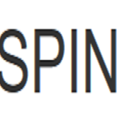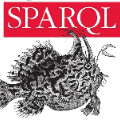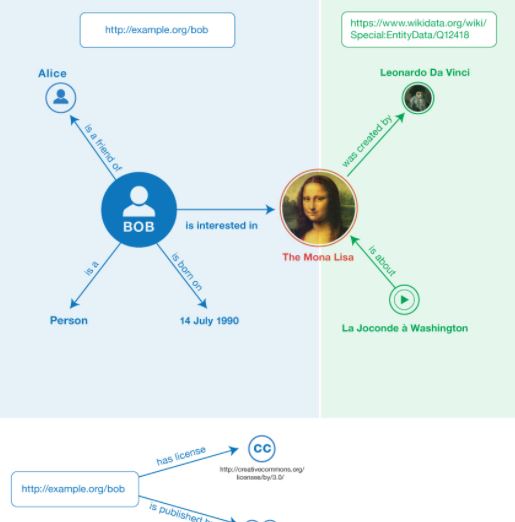Semantic Web Rule Language (SWRL) combines OWL (Web Ontology Language) ontologies with Horn Logic rules of the Rule Markup Language (RuleML) family. Being supported by ontology editors, rule engines and ontology reasoners, it has become a very popular choice for developing rule-based applications on top of ontologies. However, SWRL is probably not go-ing to become a WWW Consortium standard, prohibiting industrial acceptance. On the other hand, SPIN (SPARQL Inferencing Notation) has become a de-facto industry standard to rep-resent SPARQL rules and constraints on Semantic Web models, building on the widespread acceptance of SPARQL (SPARQL Protocol and RDF Query Language). In this paper, we ar-gue that the life of existing SWRL rule-based ontology applications can be prolonged by con-verting them to SPIN. To this end, we have developed the SWRL2SPIN tool in Prolog that transforms SWRL rules into SPIN rules, considering the object-orientation of SPIN, i.e. linking rules to the appropriate ontology classes and optimizing them, as derived by analysing the rule conditions.
翻译:网路规则语言(SWRL)将OWL(Web Ontology Special Special langues)和规则标记语言(RuderML)家族的合用逻辑规则结合起来。它得到了文籍编辑、规则引擎和本体解释家的支持,因此在开发基于规则的应用上,除了本体学之外,已经成为一种非常受欢迎的选择。然而,SWRL可能不打算成为WWWW财团的标准,禁止工业接受。另一方面,SPIN(SPARQL Nationationations)已经成为一个反facto工业标准,以重新发布 SPARQL 的规则和对文籍网络模型的限制为基础,在广泛接受STARQL(SPARQL 议定书和RDF Query languy)的基础上,它已成为一种非常受欢迎的选择,在基于规则之上发展基于规则的基于规则的应用。 在本文中,SWRWL规则的现有应用的寿命可以通过将其转换到SPIN来延长。为此,我们已经在Prolog中开发了SWL规则的SWL2SPIN工具,将衍生规则转化为SPIN规则,通过适当的规则加以分析。




